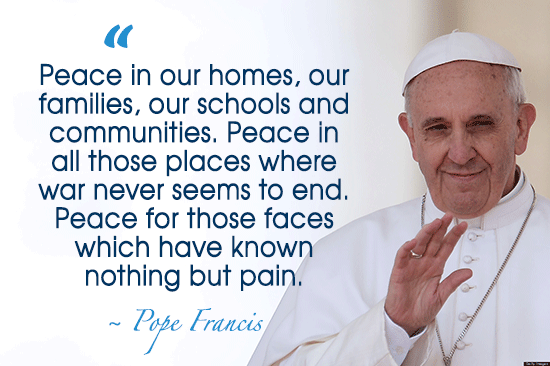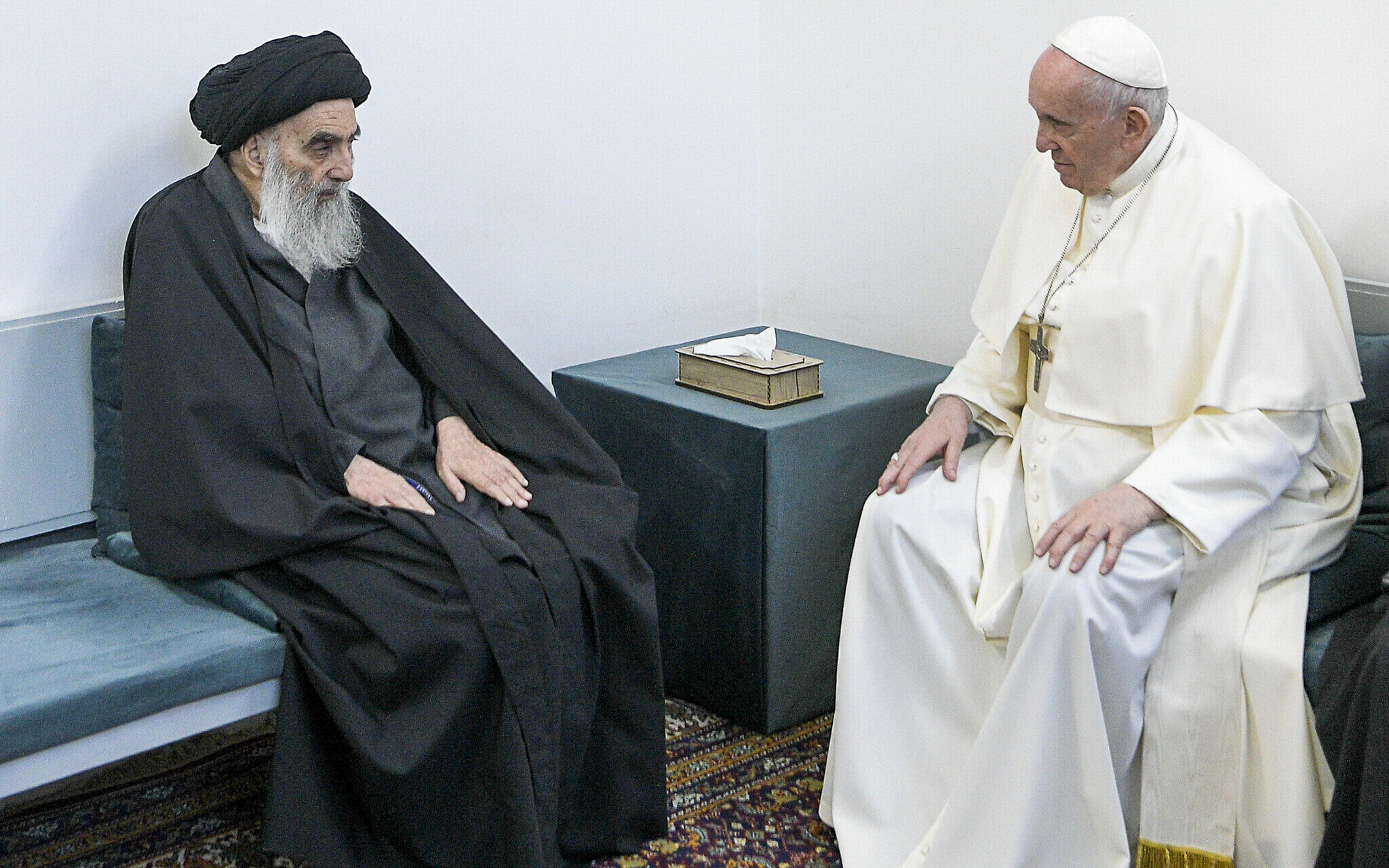
‘Earth Loses a Defender’: Pope Francis
Fought for the Poor and the Planet
Kiley Bense / Inside Climate News
(April 21, 2025) — “A leader on climate action, Francis will be remembered as an ally to Indigenous, poor and working people.”
“Pope Francis’ care for the environment was telegraphed early in his papacy. His chosen name honored St. Francis, the Italian friar who proclaimed “Praise God for all his creatures.”
As pope, Francis called for immediate action on climate change and exhorted the world’s Catholics to “better recognize the ecological commitments which stem from our convictions.”
With his death on Monday at the age of 88, environmental leaders, advocates and academics celebrated his legacy and mourned his passing.
In a statement, the climate activist and author Bill McKibben called Francis “perhaps our greatest environmental leader.”
“He understood that climate was a question of poverty, power and human dignity,” he said.”
Former Vice President Al Gore hailed Francis as a “tireless champion for climate action” who “sparked a moral movement that will continue to light the way forward for humanity.”
Enrique Viale, co-founder and president of the Argentine Association of Environmental Lawyers, wrote that Francis was “the one who understood (and spread) that Social Justice goes hand in hand with Ecological Justice.”
“Today the world is a little lonelier and more unjust,” he said.
Francis was born in Argentina and served as the archbishop of Buenos Aires for 15 years. He was the first pope from the Americas, and his perspective on environmental action had its roots in South America and the Amazon.

In 2015, months before the Paris Agreement, Francis issued Laudato Si’, a treatise on climate change, world politics, environmental justice and consumerism. Viale called Laudato Si’ “one of the most powerful documents of the 21st century.”
In that letter, Francis said climate change is a “global problem with grave implications,” and he wrote about the disproportionate impacts on developing nations and the poor.
“There is widespread indifference to such suffering, which is even now taking place throughout our world,” he wrote. “Our lack of response to these tragedies involving our brothers and sisters points to the loss of that sense of responsibility for our fellow men and women upon which all civil society is founded.”
“The earth loses a defender,” wrote the Mapuche Confederation of Neuquén, an Indigenous rights organization in Argentina, on Monday after Francis’ death. “The poor and working people and indigenous peoples of the world lose an ally.”
Francis was explicit about the human causes of climate change and condemned “weak responses” and a lack of leadership from world leaders on the issue. He also decried the environmental degradation of the industrial age: “Never have we so hurt and mistreated our common home as we have in the last two hundred years.”
Laudato Si’ advances the idea of “integral ecology,” a philosophy that emphasizes interconnectedness and incorporates the environmental, social and economic dimensions of injustice. “Today’s problems call for a vision capable of taking into account every aspect of the global crisis,” he wrote.
Dan Misleh, the founder and executive director of Catholic Climate Covenant, a nonprofit that works to “mobilize and inspire” U.S. Catholics to achieve climate justice, said Laudato Si’ is “an astute analysis of not only what we face,” but a path forward.
“It provided another avenue of teaching and another avenue of hope that we can resolve this crisis,” he said. “He leaves behind a legacy of deep concern and care for the poor and for the planet.”

“Never have we so hurt and mistreated
our common home as we have in
the last two hundred years.”
— Pope Francis
Francis’ message of urgency reverberated far beyond the Catholic faith.
“I wouldn’t be doing what I’m doing now if it hadn’t been for Francis,” said Celia Deane-Drummond, the director of the Laudato Si’ Research Institute at the University of Oxford. “His influence has been huge.”
Deane-Drummnod said the institute, inspired by Francis’ work, seeks to explore the underlying questions raised by Laudato Si’ about the cultural, technological and agricultural shifts driven by climate change and the important role of Indigenous people in protecting the environment.
“Having such an influential global leader make such clear statements really moved the needle on how other leaders are forced to confront this issue,” said Katharine Hayhoe, a climate scientist who speaks often about her faith. Hayhoe said Francis’ example inspired others to speak publicly about climate change, from the archbishop of Canterbury to the patriarch of the Eastern Orthodox Church.
“Pope Francis made it crystal clear” that “to care about climate change, you don’t have to be an environmentalist, you don’t have to be a scientist,” Hayhoe said. “You don’t have to be Catholic or Protestant or Christian, you just have to be a human being.”
Francis’ influence on the American Catholic Church has been mixed. Research published in 2021 found that Laudato Si’ had largely failed to galvanize American bishops on climate change and suggested that they were swayed more by politics than by their own religious leader.
![]()
In Laudate Deum, an exhortation issued in 2023 in the run-up to the United Nations’ annual climate conference in Dubai, Francis acknowledged that responses to the climate crisis since publishing the Laudato Si’ in 2015 have “not been adequate.”
“The world in which we live is collapsing and may be nearing the breaking point,” he wrote.
Francis ended his letter with a warning. “‘Praise God’ is the title of this letter,” he wrote. “For when human beings claim to take God’s place, they become their own worst enemies.”
SEE ALSO:
“Three Ways Pope Francis Influenced The Global Climate Movement” (The Conversation)
“Pope Francis Focused On Climate Change As The Planet Continued To Get Hotter” (NPR)
“The Climate Pope: Francis and His Environmental Legacy” (TIME)
“How Pope Francis Helped Inspire the Global Movement Against Climate Change” (New York Times)